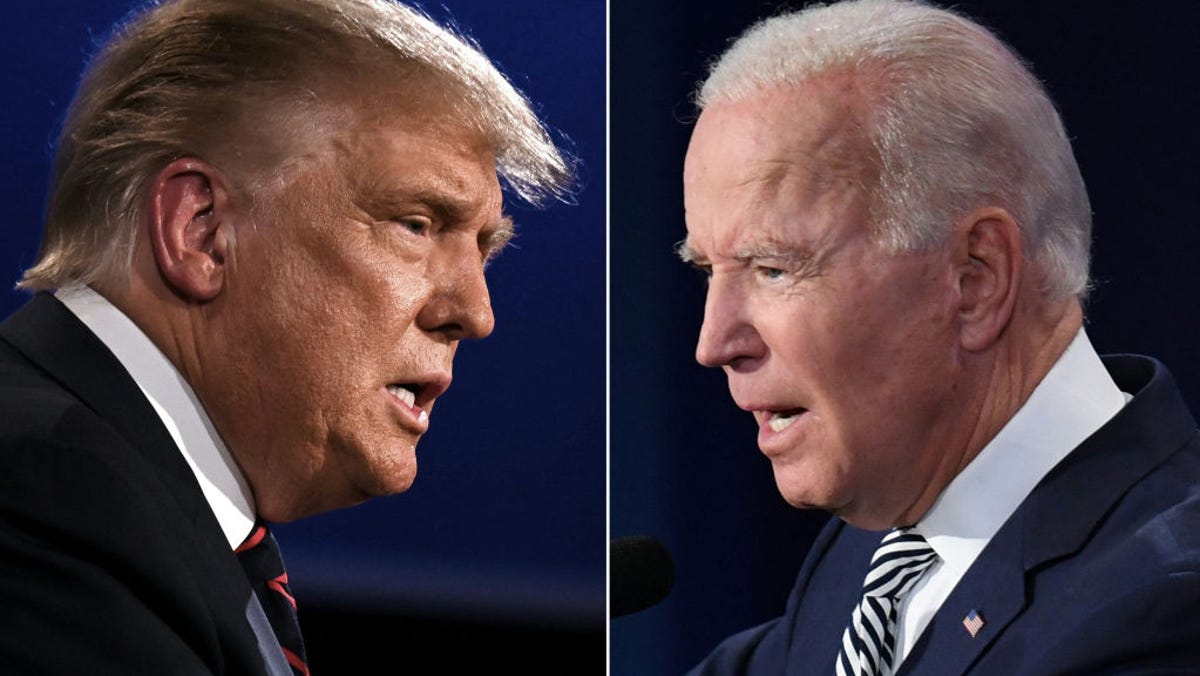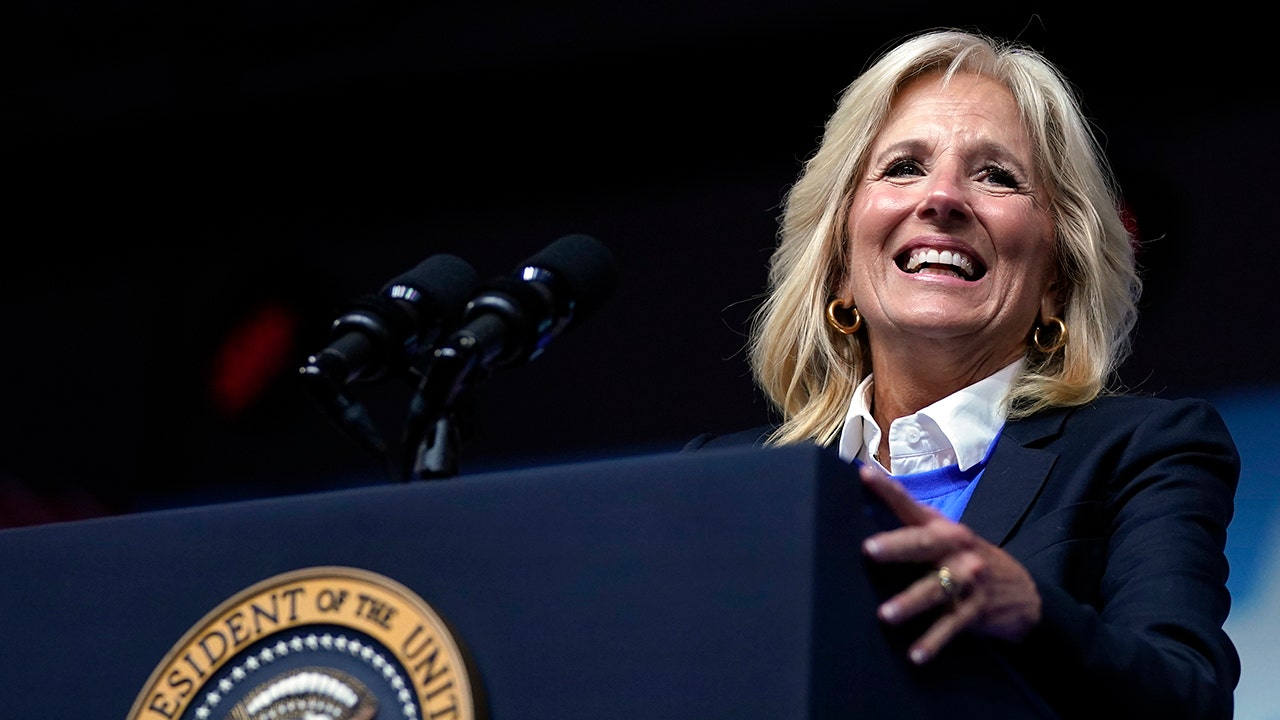SAVANNAH, Ga. — Michael Thurmond thought he was reading familiar history at the burial place of Georgia’s colonial founder. Then a single sentence on a marble plaque extolling the accomplishments of James Edward Oglethorpe left him stunned speechless.
Georgia
A Black author takes a new look at Georgia's white founder and his failed attempt to ban slavery

Oglethorpe led the expedition that established Georgia as the last of Britain’s 13 American colonies in February 1733. Thurmond, a history aficionado and the only Black member of a Georgia delegation visiting the founder’s tomb outside London, knew Oglethorpe had tried unsuccessfully to keep slaves out of the colony. Historians widely agreed he was concerned for the safety and self-sufficiency of white settlers rather than the suffering of enslaved Africans.
Could Georgia’s white founding father possibly have been an ally to Black people in an era when the British Empire was forcing thousands into bondage?
“It was stunning,” Thurmond recalled. ”Initially, I was consumed by disbelief. I didn’t believe it was true.”
Thurmond would grapple with questions raised by that visit for the next 27 years, compelled to take a closer look at Oglethorpe. Now he has written a provocatively titled book: “James Oglethorpe, Father Of Georgia — A Founder’s Journey From Slave Trader to Abolitionist.”
Published this month by the University of Georgia Press, Thurmond’s book makes a case that Oglethorpe evolved to revile slavery and, unlike most white Europeans of his time, saw the humanity in enslaved Africans. And while Oglethorpe’s efforts to prohibit slavery in Georgia ultimately failed, Thurmond argues he left a lasting — and largely uncredited — legacy by influencing early English abolitionists.
“He is shining a spotlight on the part of Oglethorpe’s life that most people have kind of thought was just periphery,” said Stan Deaton, senior historian for the Georgia Historical Society. “I think he’s thought deeply about this. And let’s be honest, there have not been many African-Americans who have written about colonial Georgia and particularly about Oglethorpe.”
Though this is Thurmond’s third book about Georgia history, he’s no academic. The son of a sharecropper and great-grandson of a Georgia slave, Thurmond became an attorney and has served for decades in state and local government. His 1998 election as state labor commissioner made Thurmond the first Black candidate to win statewide office in Georgia without first being appointed. He is now the elected CEO of DeKalb County, which includes portions of Atlanta.
His book traces Oglethorpe’s origins as a wealthy Englishman who held a seat in Parliament and served as deputy governor of the slave-trading Royal African Company before departing for America. Thurmond argues that seeing the cruelty of slavery firsthand changed Oglethorpe, who returned to England and shared his views with activists who would become Britain’s first abolitionists.
“What I tried to do is to follow the arc of his life, his evolution and development, and to weigh all of his achievements, failures and shortcomings,” Thurmond said. “Once you do that, you find that he had a uniquely important life. He helped breathe life into the movement that ultimately destroyed slavery.”
In its early years, Georgia stood alone as Britain’s only American colony in which slavery was illegal. The ban came as the population of enslaved Africans in colonial America was nearing 150,000. Black captives were being sold in New York and Boston, and they already outnumbered white settlers in South Carolina.
Historians have widely agreed Oglethorpe and his fellow Georgia trustees didn’t ban slavery because it was cruel to Black people. They saw slaves as a security risk with Georgia on the doorstep of Spanish Florida, which sought to free and enlist escaped slaves to help fight the British. They also feared slave labor would instill laziness among Georgia’s settlers, who were expected to tend their own modest farms.
It didn’t last. The slave ban was widely ignored when Oglethorpe left Georgia for good in 1743, and its enforcement dwindled in his absence. By the time American colonists declared independence in 1776, slavery had been legal in Georgia for 25 years. When the Civil War began nearly a century later, Georgia’s enslaved population topped 462,000, more than any U.S. state except Virginia.
“At best, you could say Oglethorpe was naive,” said Gerald Horne, a professor of history and African-American studies at the University of Houston and author of the book “The Counter-Revolution of 1776.” “Almost inevitably, like kudzu in the summer, slavery started spreading in Georgia.”
Like other historians, Horne is highly skeptical of Oglethorpe being a forefather of the abolitionist movement. He says the Georgia colony ultimately protected slavery in its sister colonies by serving as a “white equivalent of the Berlin Wall” between South Carolina and Spanish Florida.
Oglethorpe used slave labor to help build homes, streets and public squares in Savannah, the colony’s first city. Escaped slaves captured in Oglethorpe’s Georgia were returned to slaveholders. Some colonists angered by the slave ban made unproven accusations that Oglethorpe had a South Carolina plantation worked by slaves.
Thurmond’s book openly embraces such evidence that Oglethorpe’s history with slavery was at times contradictory and unflattering. That makes his case for Oglethorpe’s evolution even stronger, said James F. Brooks, a University of Georgia history professor who wrote the book’s foreward.
“He has engaged with the historiography in a way that is clearly the equivalent of a professional historian,” Brooks said. “This is good stuff. He’s read everything and thought about it. I don’t see any weakness in it.”
Thurmond’s evidence includes a letter Oglethorpe wrote in 1739 that argues opening Georgia to slavery would “occasion the misery of thousands in Africa.” Thurmond describes how Oglethorpe assisted to two formerly enslaved Black men — Ayuba Suleiman Diallo and Olaudah Equiano — whose travels to England helped stir anti-slavery sentiments among white Europeans.
Oglethorpe befriended white activists who became key figures in England’s abolitionist movement. In a 1776 letter to Granville Sharp, an attorney who fought to help former slaves retain their freedom, Oglethorpe proclaimed “Africa had produced a race of heroes” in its kings and military leaders. He also spent time with the author Hannah More, whose writings called for the abolition of slavery.
In 1787, two years after Oglethorpe’s death, Sharp and More were among the founders of the Society for the Abolition of the Slave Trade. Thurmond argues Oglethorpe deserves credit as an inspiration to the budding movement.
“He founded slave-free Georgia in 1733 and, 100 years later, England abolishes slavery,” followed by the U.S. in 1865, Thurmond said. “He was a man far beyond his time.”

Georgia
Georgia Tech Women’s Basketball Finishes 12th in ESPN’s Final Recruiting Rankings

Georgia Tech Women’s Basketball Coach Nell Fortner has been hard at work on the recruiting trail and it showed when ESPN updated their top 25 recruiting class rankings.
In the updated rankings today, ESPN rated the Yellow Jackets class as the 12th best in the country and the third best in the ACC, ranking behind only Louisville (6th overall) and Duke (7th overall). Georgia Tech has some headliners in this class, including Danielle Carnegie, who is a top 30 player in the country according to ESPN.
Here is what analyst Shane Liflin had to say about the Yellow Jackets class:
Highest-ranked commit: G Danielle Carnegie (No. 29)
“Coach Nell Fortner brings in a trio of complementary perimeter players to add to the roster next year.
Carnegie is a scoring guard who can score in a variety of ways. She is crafty off the bounce and can create her own shot in small space. She is a creative finisher at the rim as well.
No. 49 Chazadi Wright is a small, but feisty point guard. She pressures the ball well defensively and reads the floor well. She has proven over the summer to be a player who will take and make big shots.
No. 82 Tianna Thompson is a skilled guard who excels in catch and shoot situations and improved her ability to create her own shot.”
After missing the NCAA Tournament in back-to-back seasons, Georgia Tech could be in for a resurgence starting next season. Landing Carnegie was a huge deal for Fortner and the program and this class could have them contending for ACC Championships and NCAA Tournament bids in the near future.
Georgia
Georgian Parliament set to adopt controversial foreign agent law Tuesday

Georgia’s Parliament is set to approve a controversial “foreign agent” law on Tuesday, defying mass protests in the capital, Tbilisi, by tens of thousands of people denouncing the measure as a Russian-style effort to squash free speech.
Previously, the final vote was scheduled for the end of this week.
On Sunday, however, Prime Minister Irakli Kobakhidze pledged to push ahead with a law despite the public outcry, and on Monday lawmakers began rushing through procedural steps, including a vote by the Parliament’s legal committee.
Georgia
Two Americans, one Russian citizen among 20 detained in Georgia, Russia's TASS reports

Two US citizens and one Russian were among 20 people detained at protests in Tbilisi while Georgian lawmakers were debating a “foreign agents” bill that has sparked a political crisis, Russia’s TASS state news agency reported on Monday.
Georgia’s opposition had called on opponents on Sunday of the bill to stage an all-night protest outside parliament to prevent lawmakers from entering on Monday.
Georgian Prime Minister Irakli Kobakhidze vowed on Sunday to push ahead with the law after opponents of the bill rallied in one of the largest protests seen since independence from the Soviet Union in 1991.
TASS reported, citing witnesses, that police started to push the protesters away from the service entrances of the parliament building early on Monday, leading to some scuffles.
‘Foreign agents’ bill
The “foreign agents” bill requires organizations receiving more than 20% of their funding from abroad to register as agents of foreign influence or face fines. The ruling party says it is necessary to enhance the transparency of NGO funding and protect the country from outside interference.
Western countries and Georgia’s opposition denounce it as authoritarian and Russian-inspired. Critics liken it to Russia’s 2012 “foreign agent” law, which has been used to hound critics of Vladimir Putin’s Kremlin.
The dispute over the bill has come to be seen as key to whether Georgia, which has had traditionally warm relations with the West, continues its push for European Union and NATO membership, or instead builds ties with Russia.
The EU, which granted Georgia candidate status in December, has repeatedly said the bill could jeopardize Tbilisi’s further integration with the bloc.
Russia’s RIA news agency said the judicial committee of Georgia’s parliament approved the third reading of the bill on Monday, clearing the way for the full parliament to vote this week on completing its passage through the legislature.
-

 Education1 week ago
Education1 week agoHow Counterprotesters at U.C.L.A. Provoked Violence, Unchecked for Hours
-

 Politics1 week ago
Politics1 week agoAustralian lawmakers send letter urging Biden to drop case against Julian Assange on World Press Freedom Day
-

 World1 week ago
World1 week agoBrussels, my love? Champage cracked open to celebrate the Big Bang
-
News1 week ago
A group of Republicans has united to defend the legitimacy of US elections and those who run them
-

 Politics1 week ago
Politics1 week agoHouse Dems seeking re-election seemingly reverse course, call on Biden to 'bring order to the southern border'
-

 World1 week ago
World1 week ago‘It’s going to be worse’: Brazil braces for more pain amid record flooding
-

 Politics1 week ago
Politics1 week ago'Stop the invasion': Migrant flights in battleground state ignite bipartisan backlash from lawmakers
-

 World1 week ago
World1 week agoGerman socialist candidate attacked before EU elections

















